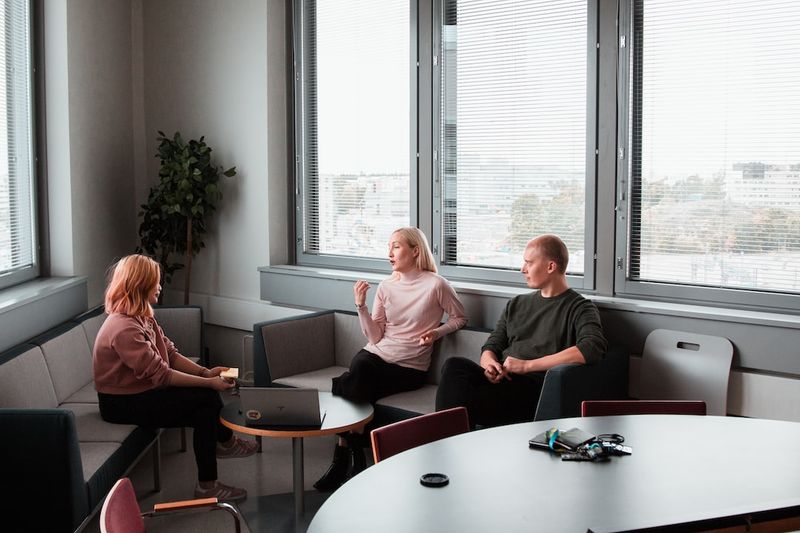Israel‘s Apartheid Rule in the West Bank: Understanding the Everyday Violence
The Case of Al-Khalil (Hebron)
Al-Khalil, also known as Hebron, is a city in the West Bank that serves as a case study for understanding the apartheid system at play in Palestine. Situated within Hebron’s historic center, the city has a long history and is part of a series of buildings that date back to the Mamelukes. However, a visit to this area reveals the disturbing contrast between the city’s past prosperity and the current injustice that rules over it.
The presence of Israeli Defense Forces (IDF) soldiers, stationed in military bases and checkpoints throughout the neighborhood, creates an atmosphere of fear and tension. Palestinians living in Al-Khalil describe how they are constantly harassed and attacked by settlers under the watchful eye of the IDF. This system of oppression perpetuates a cycle of violence, and there can be no peace in Palestine until it is dismantled.
The Ethnically Divided System of Land Distribution
One of the most striking aspects of the apartheid system in Al-Khalil is the ethnically divided system of land distribution. The city is divided into two zones: H1, which is under the jurisdiction of the Palestinian Authority and where only Palestinians live, and H2, which is controlled entirely by the Israeli military and where Israeli settlers reside in confiscated Palestinian homes.
The Israeli troops deployed in H2 claim to mediate and prevent attacks by settlers, but in reality, their presence provides impunity and protection to the settlers who violently harass the local Palestinian population. The military checkpoints scattered throughout the city regulate and hamper the movement of Palestinians, making daily life incredibly challenging.
Furthermore, the expansion of Israeli settlements in and around Al-Khalil constitutes a form of land theft and further exacerbates the injustices suffered by the Palestinian population. Palestinian businesses have been forced to close, and homes have been left uninhabited due to occupation and inaccessibility.
The Everyday Resistance of Palestinians
Despite the daily challenges and injustices they face, Palestinians like Zuleikha, who has lived in Al-Khalil her entire life, choose to stay and resist the occupation. For Zuleikha, the infallible form of resistance is the relentless demonstration of their presence. By simply existing, Palestinians resist the attempts of ethnic cleansing and assert their right to their land.
Israeli forces and settlers often subject Palestinians to dehumanizing acts of violence and harassment. Zuleikha, for example, has had to repurpose her neighbor’s backroom as the only access point to her apartment after her front door was permanently barred. She refuses to abandon her home and continues to teach love and respect for her land at her women and children’s support center.
It is important to highlight the resilience and strength of Palestinians like Zuleikha, who maintain their commitment to their land and their right to exist despite the harsh conditions imposed upon them.
Analysis: Israel‘s Apartheid System and International Responsibility
The situation in the West Bank, particularly in cities like Al-Khalil, exposes the reality of Israel‘s apartheid rule. Former Mossad chief Tamir Pardo recently acknowledged in an interview with the Associated Press that the territory is characterized by an apartheid system. This admission aligns with the sentiments of many international observers and human rights organizations, who argue that Israel‘s treatment of Palestinians constitutes a form of apartheid.
It is essential to recognize the impact of Israel‘s policies on the daily lives of Palestinians. The martial law in place, the differential treatment of Palestinians and Israeli settlers, and the systematic violence and harassment perpetrated against the Palestinian population contribute to a climate of fear and oppression.
The international community bears a responsibility to address this issue and hold Israel accountable for its actions. The recognition of Israel by countries such as Saudi Arabia, as currently being discussed, further legitimizes and normalizes an apartheid system that violates the basic rights of the Palestinian people.
Editorial: The Urgent Need for International Action
The situation in the West Bank, exemplified by the case of Al-Khalil, calls for urgent international action. The apartheid system perpetuated by Israel has caused immense suffering and violated the rights of the Palestinian people for decades.
It is crucial for the international community to condemn and denounce Israel‘s actions and demand an end to the occupation and oppression of Palestinians. Diplomatic efforts should be directed towards pressuring Israel to comply with international law and human rights standards.
The normalization of relations between Israel and other countries, such as Saudi Arabia, must not overshadow the ongoing struggle for Palestinian rights. Recognition and economic benefits should only be granted when Israel demonstrates a genuine commitment to justice, equality, and the end of the apartheid system.
Advice: Supporting Palestinian Rights
As individuals, there are several ways we can support the rights of Palestinians and contribute to the dismantling of the apartheid system:
Educate Yourself:
Take the time to learn about the history of the Israeli-Palestinian conflict, the apartheid system, and the experiences of Palestinians living under occupation. Reading books, articles, and reports from various sources can provide a more comprehensive understanding of the issue.
Amplify Palestinian Voices:
Listen to and share the stories of Palestinians. Amplify their voices through social media, grassroots campaigns, and community events. Centering Palestinian narratives and experiences is crucial in raising awareness and challenging dominant narratives.
Support Boycott, Divestment, and Sanctions (BDS) Movements:
Consider supporting boycott, divestment, and sanctions movements that aim to pressure Israel to end its occupation and comply with international law. This can involve refraining from purchasing products and services that support the Israeli economy, advocating for divestment from companies involved in human rights abuses, and supporting organizations working towards Palestinian rights.
Engage in Advocacy and Activism:
Participate in local and international advocacy efforts to raise awareness about the Palestinian struggle and call for an end to the occupation. Join or support organizations working for Palestinian rights, attend protests and demonstrations, write to elected representatives, and engage in dialogue with others to promote understanding and solidarity.
By taking these actions, individuals can play a role in supporting the rights of Palestinians and working towards a just and peaceful resolution to the Israeli-Palestinian conflict.

<< photo by TienDat Nguyen >>
The image is for illustrative purposes only and does not depict the actual situation.
You might want to read !
- “World News Roundup: Unraveling the Middle East Crisis, Afghan Earthquake Shakes Region, Karabakh Conflict Escalates”
- “The Clash of The Titans: Luton Town vs Tottenham – Breaking Down the Battle LIVE”
- Cascading Moves: Jrue Holiday Finds New Home with Celtics Following Lillard Blockbuster
- Kamahl’s Flip-Flopping on The Voice: A Return to the No Camp
- “The Resurrection of Rodriguez: Unearthing the Untold Journey of a Working-Class Songwriter”
- “Farewell to a Musical Enigma: Sixto Rodriguez’s Journey Comes to an End at 81”




